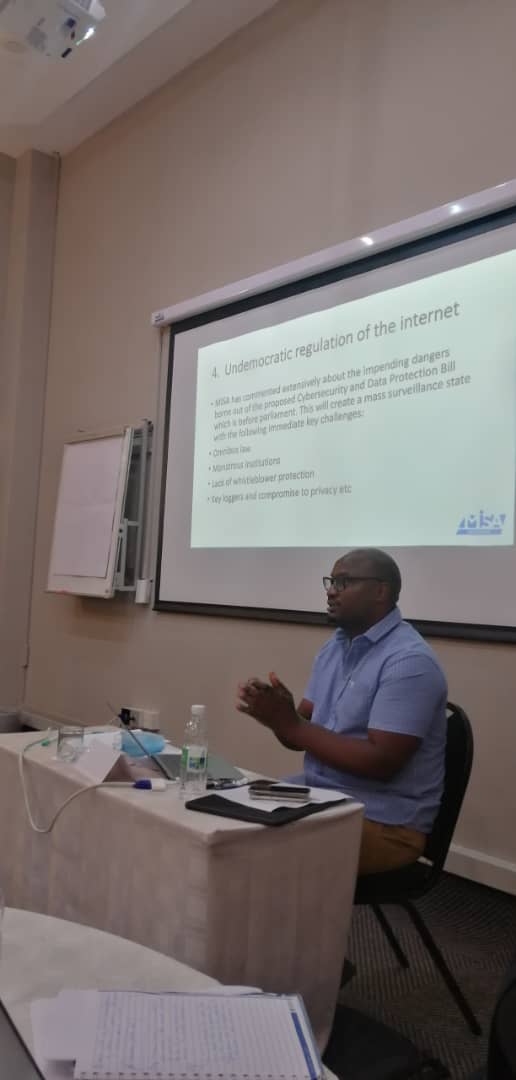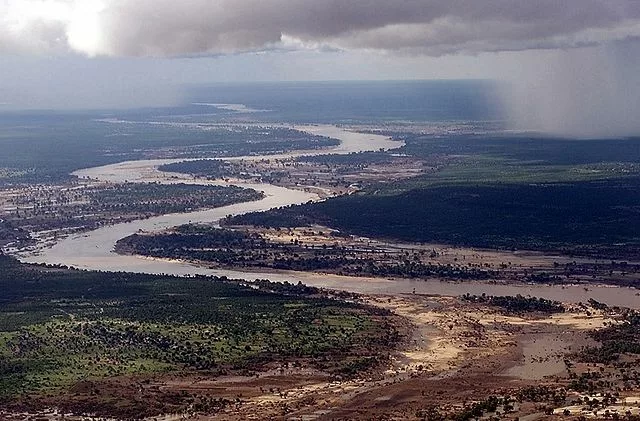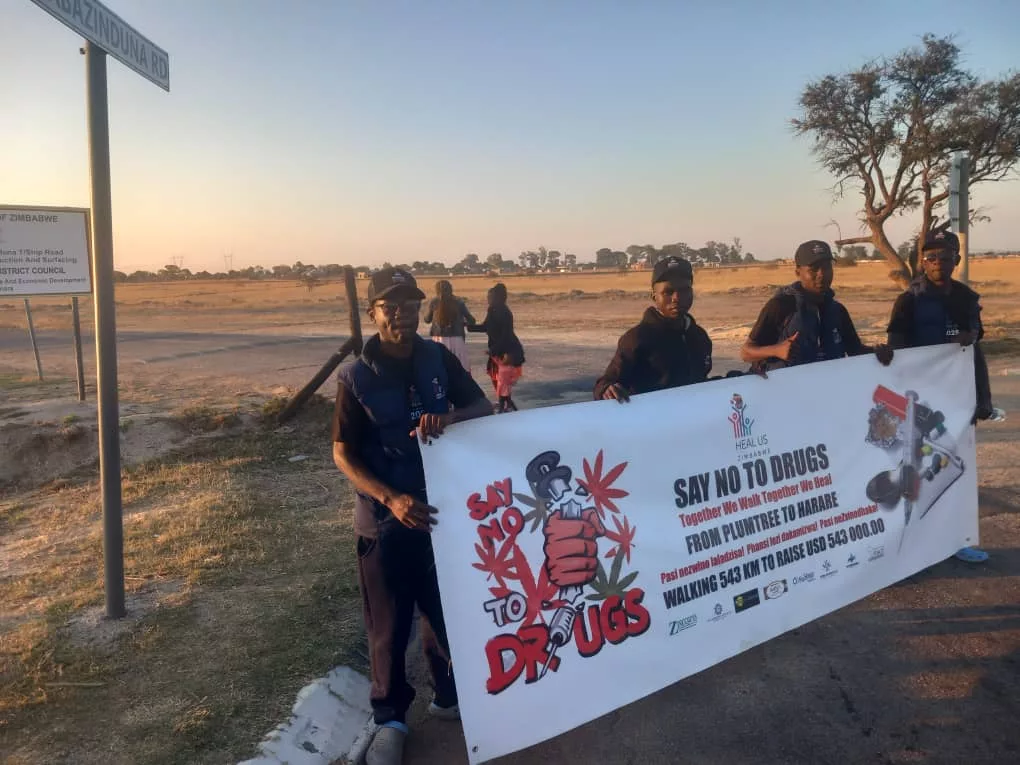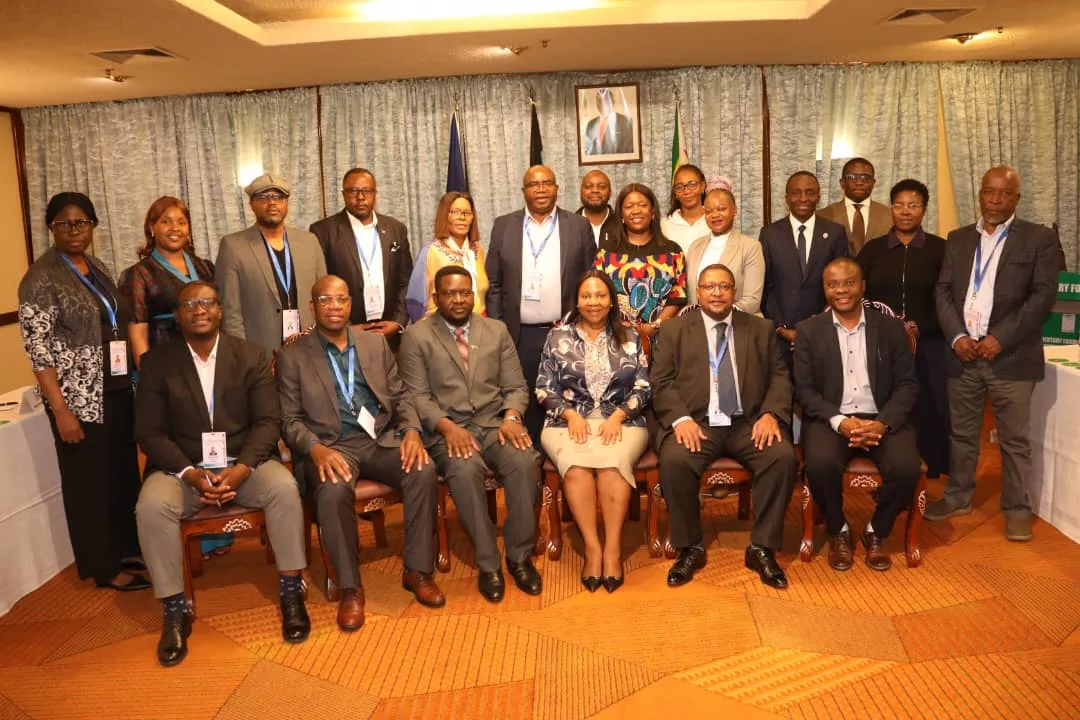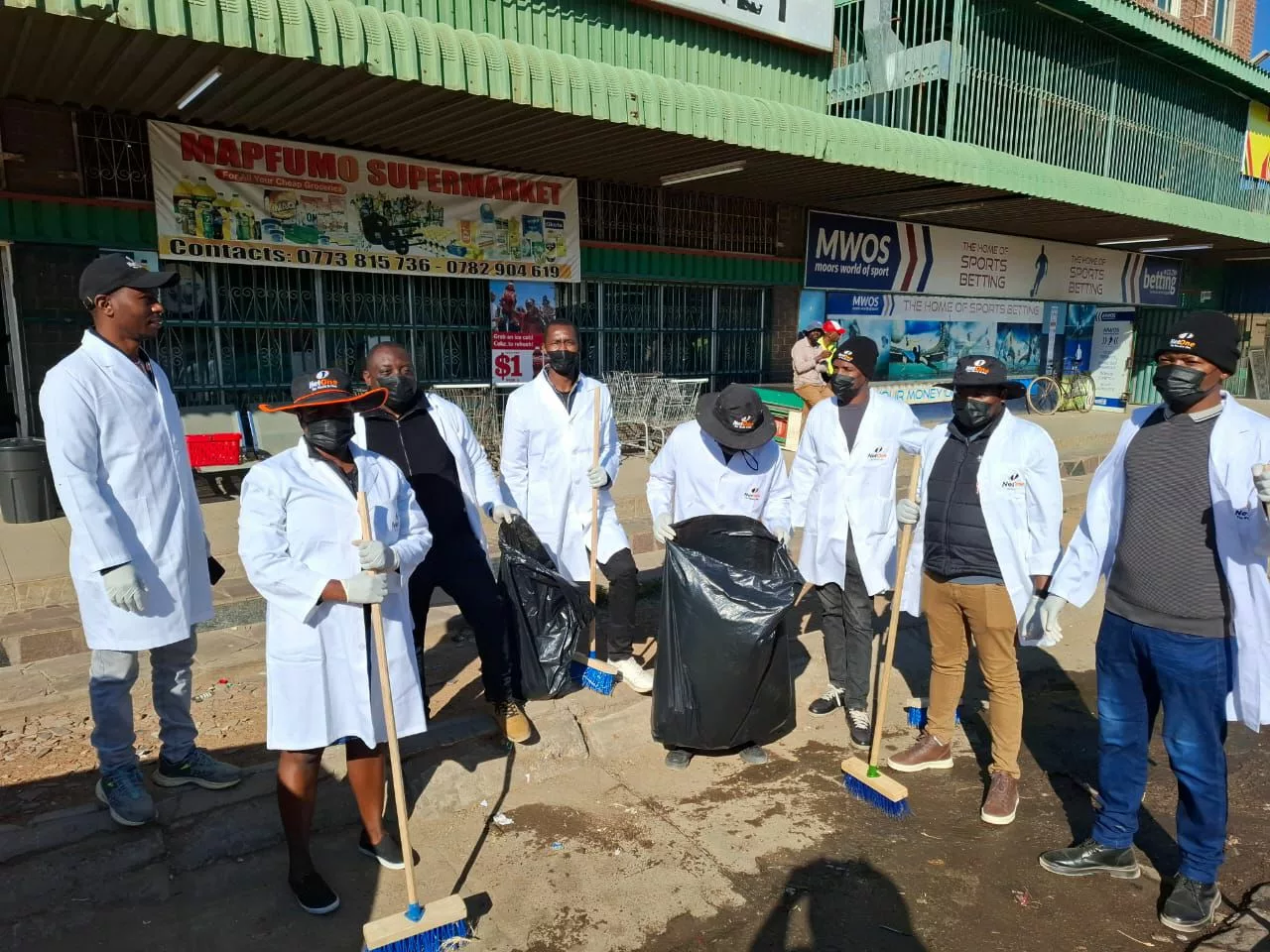The media and operating environment in Zimbabwe is saddled with a plethora of challenges, particularly when it comes to investigative journalism.
This emerged at a Transparency International Zimbabwe (TIZ) investigative journalism workshop organised with a view of gathering the media’s input towards the development of lasting solutions to the fight against corruption through exposing the scourge.
In his presentation at the workshop, Tabani Moyo, the Executive Director of the Media Institute of Southern Africa (MISA) Zimbabwe highlighted a plethora of challenges hindering investigative journalism.
“Since the beginning of the lockdown, in response to the COVID-19 pandemic, MISA Zimbabwe recorded 40 violations of journalists and media workers. The cases in point are that of Hopewell Chin’ono and Mduduzi Mathuthu who were in trouble for exposing corruption related to COVID-19 procurement and disbursement of materials by government officials.
“There were also troubles for journalists covering the air force plane crash. An issue that also quickly comes to mind is the ambush and attack of journalists at a press conference by the Zimbabwe National Students Union concerning the Impala Car Hire abduction saga. This is against provisions of the constitution through section 61,” Moyo said.
The attacks on the media are not only confined to Zimbabwe. In Mozambique, journalists Abrahim Mburaco was abducted by security forces on 7 April and is still missing. On the night of 23 August 2020, the offices of Canal De Mozambique (CanalMoz) suffered a suspected arson attack with reports indicating that computers and other key equipment were burnt down. Two days ago – two Journalists were assaulted by assailants in unmarked vehicles – Luciano da Conceicao, a correspondent for a German news agency, DW Africa and Leonardo Gimo, with private television station TV Sucesso.
In Eswatini, two journalists, Zweli Martin Dlamini and Eugene Dube fled the country to South Africa, fearing their lives were in danger. In South Africa, Community journalist, Paul Nthoba, has been forced to flee into Lesotho to seek refuge after he was allegedly assaulted by South African police. In Zambia, in April, the authorities cancelled the licence of privately owned television station Prime TV.
Moyo said at home, Zimbabwean violations are happening in an increasingly hostile regional environment.
The complexity of the media law reform process also poses a challenge to investigative journalism.
Moyo said the Freedom of Information Act (FIA) partially repeals the Access to Information and Protection of Privacy Act (AIPPA) which regulated three broad areas of access to information; media regulation and privacy.
“The FIA is access to information law. The privacy component is being presented through the Cybersecurity and Data Protection Bill which is before Parliament. The government has since conceded to the enactment of a Media Practitioners Bill which will create for the co-regulation of the media in Zimbabwe. This will be achieved through the self-regulatory body, which will become the first point of entry while the commission will be an appellate body. The two bodies will enforce a single code of conduct,” Moyo said.
MISA has commented extensively about the impending dangers borne out of the proposed Cybersecurity and Data Protection Bill which is before Parliament. There is a general feeling that this will create a mass surveillance state.
The other challenge is that the Southern African Development Community (SADC) Heads of State and Government at the end of their Ordinary Summit in August 2020, resolved to take pre-emptive measures against external interference, the impact of fake news, and abuse of social media particularly in electoral processes.
“Before coming up with such measures, SADC leaders should be mindful of the African Declaration on Internet Rights and Freedoms, which stipulate: Everyone has the right to use the Internet and digital technologies in relation to freedom of assembly and association, including through social networks and platforms,” Moyo added.
Prominent journalist, Dumisani Muleya, the Head of News Hawks, a network of investigative journalists in Zimbabwe, shared tactics of investigative journalism with the participants and pledged to work with various stakeholders including civil society organisations and the donors in pursuit of promoting an open, transparent and democratic society.
Muleya added that the commercial interest is also one of the biggest threats to investigative journalism as bribes tend to rule the roost, thereby stifling the free flow of information.


